## From Digital Realms to Eternal Rest: Pope Francis Laid to Rest in Rome
He wasn’t a character in a game, but his influence on millions around the world was no less profound. Today, the world mourns the passing of Pope Francis, a spiritual leader known for his compassion, humility, and progressive views. The world leader, who brought a breath of fresh air to the Vatican and challenged traditional norms, has been laid to rest at Rome’s St. Mary Major Basilica after a solemn ceremony attended by dignitaries and faithful followers from across the globe.
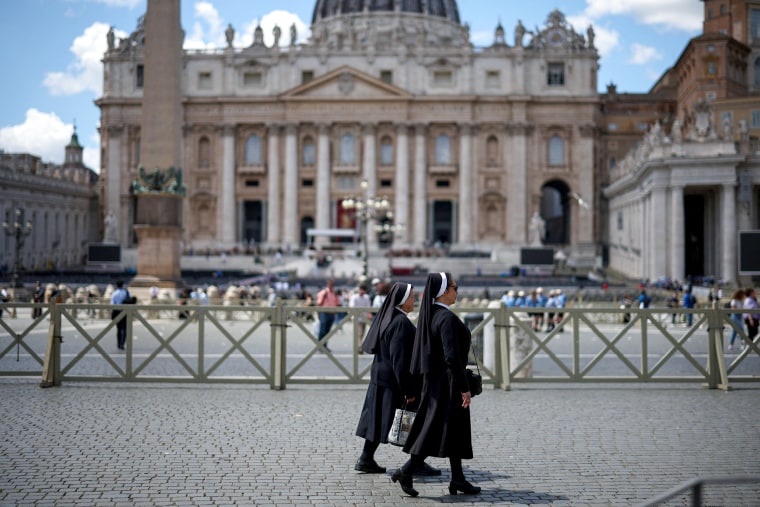
A Timeline for Succession
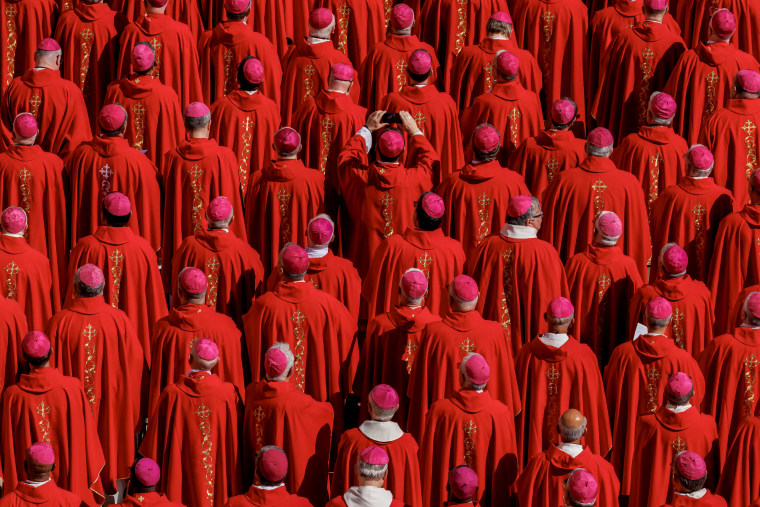
Following the passing of a pope, a meticulous process unfolds to select his successor. A significant aspect of this process is the 15-day waiting period, as stipulated by Pope John Paul II’s 1996 rules governing papal elections. This period, known as the “sede vacante,” or “empty seat,” provides time for cardinals to converge in Rome, prepare for the conclave, and reflect on the weighty responsibility ahead.
However, as demonstrated in 2013 when Pope Benedict XVI resigned, the conclave can commence earlier if all cardinal electors are present in Rome and unanimously agree to move forward the start date. Cardinal Giovanni Battista Re, the dean of the College of Cardinals, will convene the electors for their first meeting on Monday morning at 9 a.m. Rome time.
During this initial meeting, each cardinal elector will swear an oath to uphold the secrecy of the proceedings, a fundamental principle enshrined in the tradition of papal elections. The cardinals will then set the date for the conclave, which marks the formal commencement of the process to elect a new pope.
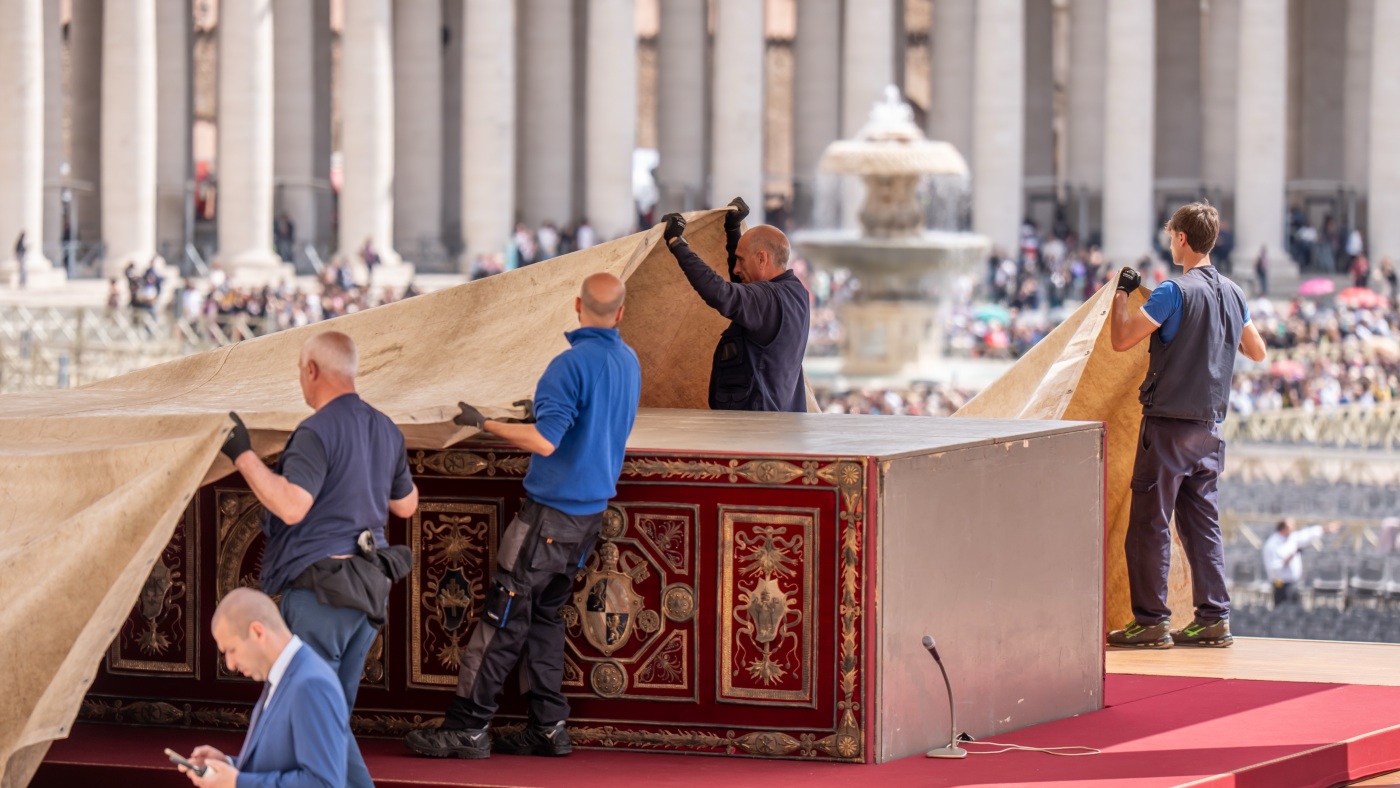
The Cardinals’ Role
The cardinals play a pivotal role in the selection of the next pope. Known as “cardinal electors,” they are chosen from among the Church’s senior bishops, with those under 80 years of age eligible to participate in the conclave. This group, numbering approximately 132, bears the immense responsibility of choosing the leader of the world’s 1.3 billion Catholics.
The selection process is shrouded in secrecy, with cardinals sequestered within the Vatican’s Sistine Chapel until they reach a decision. They cast their votes in ballot boxes, with the ballots meticulously counted and scrutinized. The voting process continues daily until a candidate receives a two-thirds majority of the votes, signifying the election of a new pope.
The cardinals’ deliberations are highly confidential, with strict rules governing communication and information sharing. The secrecy surrounding the conclave is intended to ensure that each cardinal can cast his vote freely and without external influence.
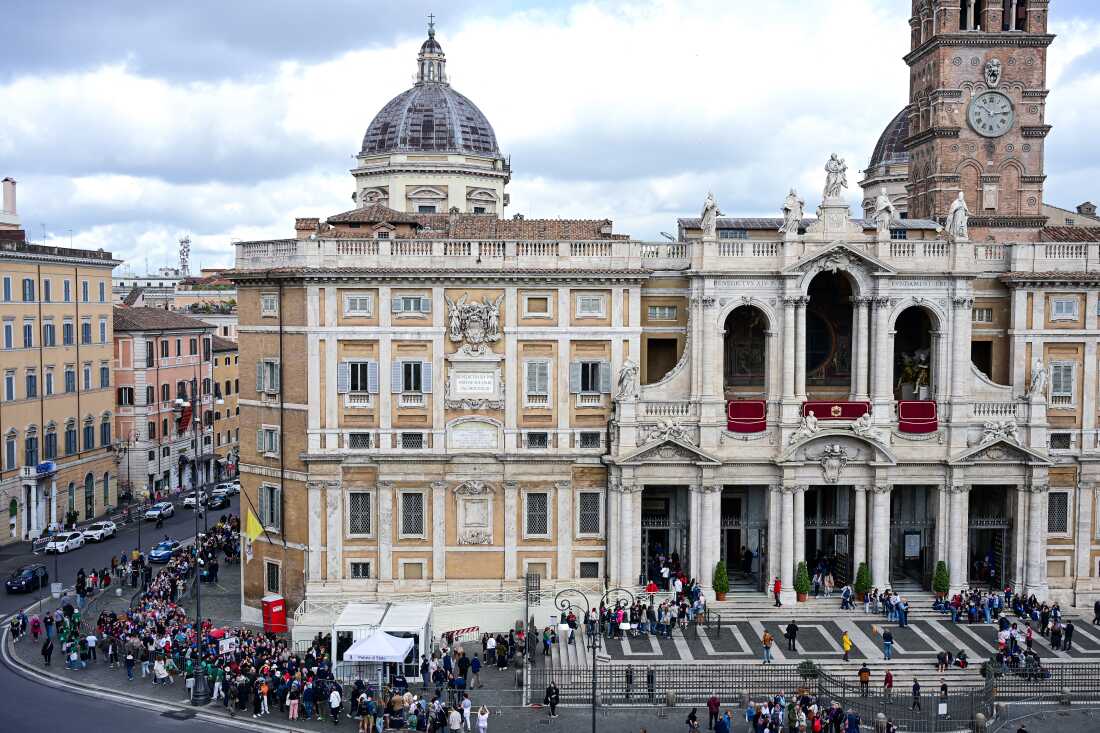
Speculation and Predictions
As the cardinals gather in Rome, speculation abounds regarding potential frontrunners for the papacy. While the actual candidates remain unknown until the conclave commences, the global Catholic community eagerly analyzes possible contenders based on various factors.
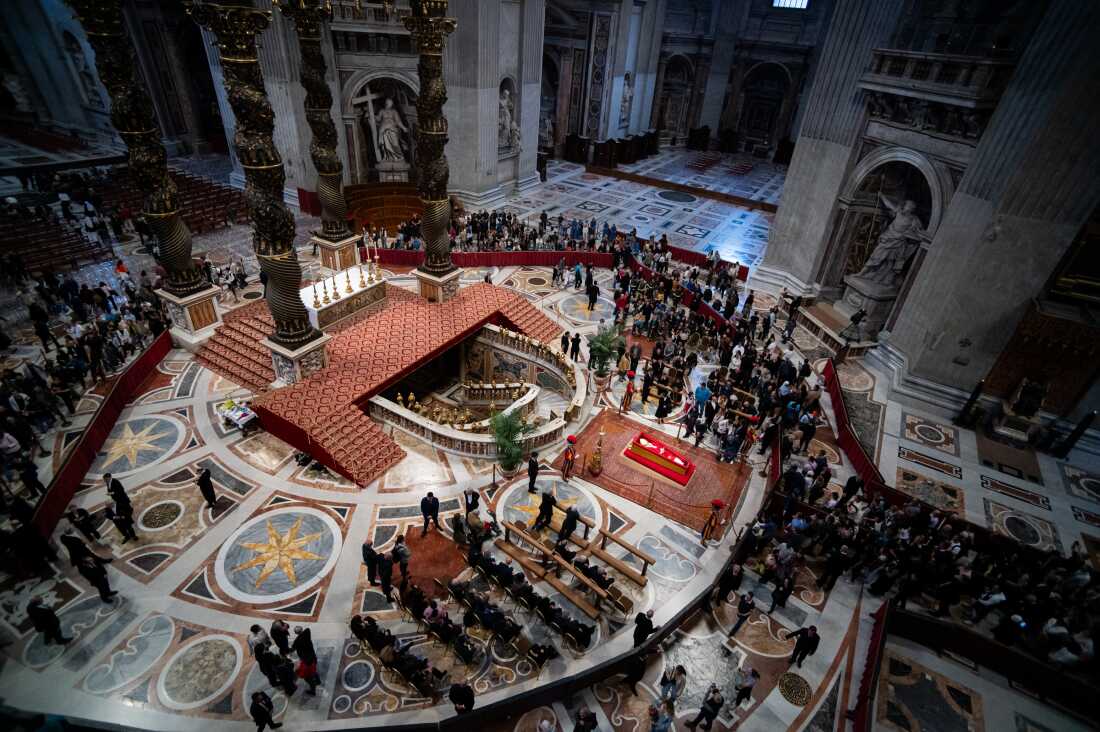
Theological Stance
The cardinals will undoubtedly consider the theological convictions of each candidate. A pope’s teachings and interpretations of scripture have profound implications for the direction of the Church, influencing its doctrines, practices, and social engagement.
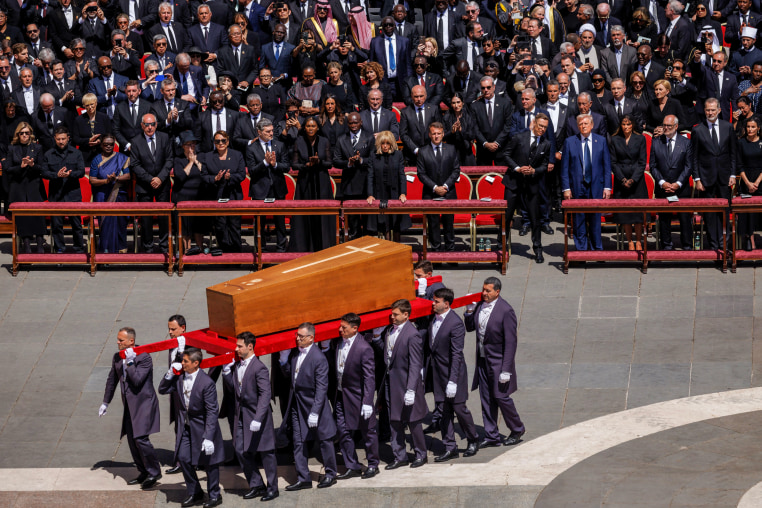
Global Experience
Given the Church’s worldwide reach, experience in navigating diverse cultures and addressing global challenges is highly valued. Cardinals with a proven track record of interfaith dialogue, diplomacy, and understanding of social and economic issues are often seen as strong contenders.
Ability to Navigate Contemporary Challenges
The Catholic Church faces numerous contemporary challenges, including secularism, religious pluralism, climate change, and social inequalities. Cardinals who demonstrate a clear vision for addressing these issues and guiding the Church through these turbulent times are likely to be favored.
Gamestanza will continue to monitor the developments surrounding the papal conclave, providing in-depth analysis and insights into the potential candidates and the factors that will shape the selection process.
Francis’s Legacy: A Pope for the Modern World
Pope Francis, known for his humble demeanor, unwavering compassion, and progressive stance on social issues, left an indelible mark on the Catholic Church and the world. His papacy, marked by simplicity, outreach, and a profound commitment to justice, resonated with millions.
A Champion of the Marginalized
Pope Francis emerged as a vocal advocate for the marginalized and vulnerable. He consistently challenged economic inequalities and championed the rights of the poor and the displaced. His encyclical “Laudato Si’,” dedicated to environmental stewardship, underscored the interconnectedness of all life and called for urgent action to protect our planet.
Environmental Stewardship
Pope Francis’s encyclical “Laudato Si'” became a watershed moment in the discourse on climate change. He urged the global community to recognize the ecological crisis and take concrete steps to address its root causes. Francis’s powerful message resonated with scientists, activists, and policymakers alike, galvanizing support for environmental protection and sustainable development.
Interfaith Dialogue and Peacebuilding
A firm believer in the power of dialogue and understanding, Pope Francis fostered interfaith relationships and promoted peacebuilding efforts. He engaged in historic meetings with religious leaders from different faiths, emphasizing the shared values and common ground that unite humanity.
His commitment to peace extended to conflict zones around the world, where he tirelessly advocated for dialogue, reconciliation, and non-violent solutions.
Conclusion
Pope Francis’s burial at Rome’s St. Mary Major Basilica marked the end of an era for the Catholic Church. His life, dedicated to service, social justice, and interfaith dialogue, was celebrated during a solemn Vatican ceremony attended by world leaders and countless faithful. A life marked by humility and a commitment to the marginalized, Francis challenged traditional doctrines and brought a message of compassion and inclusivity to the global stage. His legacy will undoubtedly continue to shape the future of the Church, inspiring future generations of believers.
The implications of Francis’s passing extend far beyond the Vatican walls. His advocacy for environmental protection, his outspoken stance against inequality, and his emphasis on peace resonated with people of all faiths and backgrounds. While his absence will undoubtedly be felt, his teachings and actions serve as a powerful reminder of the importance of compassion, social responsibility, and the pursuit of a more just and equitable world.
As we reflect on the life and legacy of Pope Francis, let us remember his words: “Be kind to one another, tenderhearted, forgiving one another, as God in Christ forgave you.” May his life serve as a beacon of hope, reminding us of the transformative power of love and compassion in a world desperately in need of both.